Iran’s missile attack necessary response to Israel’s terrorist activities in past two months: UN envoy
Iran’s ambassador to the United Nations says the Islamic Republic’s ballistic missile attack against Israel was a necessary response to the occupying regime’s terrorist activities during the past two months.
Speaking at an emergency meeting of the 15-member UN Security Council on Wednesday, Amir Saeid Iravani said for the past year, “the apartheid and occupying regime of Israel has continued its brutality in occupied Palestine with full impunity.”
“And now, this regime is extending its brutal aggressive war to Lebanon and targeting innocent people day and night across the border and deep inside the territory,” he stressed.
During the past two months, Israel assassinated Hamas’ chief Ismail Haniyeh in the Iranian capital of Tehran, and Hezbollah’s leader Sayyed Hassan Nasrallah, and IRGC commander Abbas Nilforoushan, an Iranian military advisory in Lebanon, in the Lebanese capital of Beirut.
“The regime is pushing the region to the edge of an all-out unprecedented catastrophe. Israel has no intention of pursuing peace or a ceasefire. Regrettably, the UN Security Council has remained paralyzed due to the United States' obstruction of any effective decision by this body," he said.
He maintained that the unwavering support provided by the United States, United Kingdom, and certain Western states to Israel has given a "cart blanch" to this terrorist regime.
Iran’s envoy to the UN further said that Israel has become a serious threat, more than ever, to international peace and security, emphasizing that in a bid to prevent further escalation, Israel must immediately cease its war on the besieged Gaza Strip and its attacks on Lebanon.
Iravani’s remarks came just a day after Iran launched some 200 ballistic missiles toward the Zionist entity’s military and intelligence bases in a retaliatory attack dubbed Operation True Promise II, which set off sirens all over the occupied Palestinian territories, sending Israelis to underground shelters.
The operation came in response to the regime’s assassinations of Haniyeh, Nasrallah, and Nilforoushan.
“Iran’s action was in full accordance with its inherent right to self-defense under Article 51 of the UN Charter, and a direct response to the regime’s repeated acts of aggression against Iran including the violation of Iran's sovereignty and territorial integrity during the past months,” Iravani stressed.
“Iran’s missile strikes were a necessary and proportionate response to Israel’s continued terrorist aggressive acts over the past two months,” Iran’s UN envoy emphasized, highlighting that Iran’s response was “necessary to restore balance and deterrence.”
Iravani further said the missile attack came in response to “the violation of Iran’s sovereignty, the assassination of the political leader of Hamas in Tehran and Iranian citizens, the targeting and wounding of Iran’s ambassador to Lebanon, and the recent assassination” of Nasrallah and Nilforoushan.
“The Islamic Republic of Iran has consistently pursued peace and stability for the region and called for an immediate ceasefire and the cessation of civilian casualties, a position we have maintained for over a year. Yet, experience has proven that Israel only understands the language of force," he noted.
"Diplomacy has repeatedly failed, as Israel views restraint not as a gesture of goodwill but as a weakness to exploit,” the envoy further said.
Lebanon’s president condemns Israeli strikes as 'blatant act of aggression'
VIDEO | Epstein and Trump: Scandal, power, and political fallout
Trump admin. advances Saudi nuclear deal, leaves door open to enrichment: Report
Leader donates 50 billion rials to free financially struggling prisoners
Guardians of sky: How Iran’s radar network turned 12-day war into a blueprint for deterrence
The story of ancient Persia’s chromium steel
Iranian Navy chief calls for broader naval collaboration at MILAN 2026 naval exercise
VIDEO | Mini Iraq; A city in India that connects faith across borders


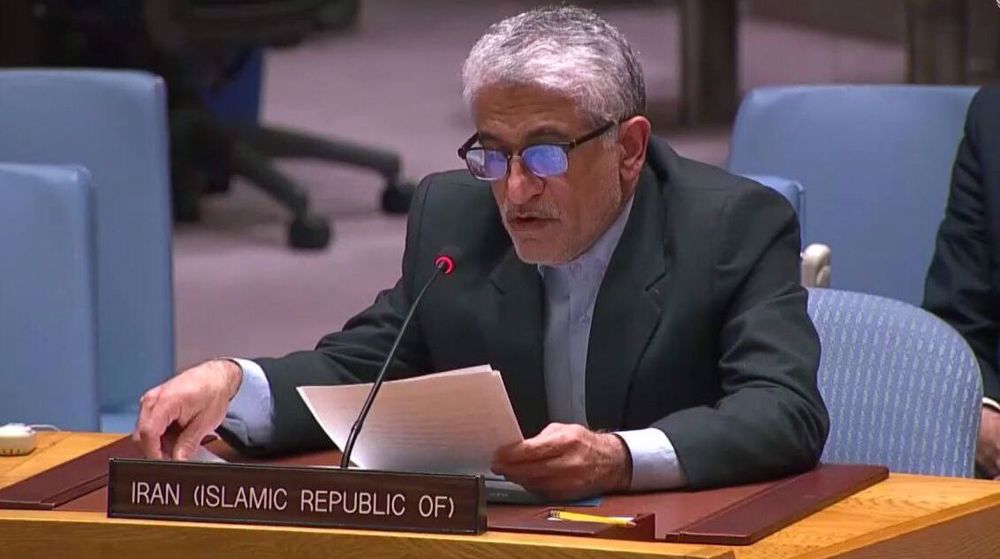
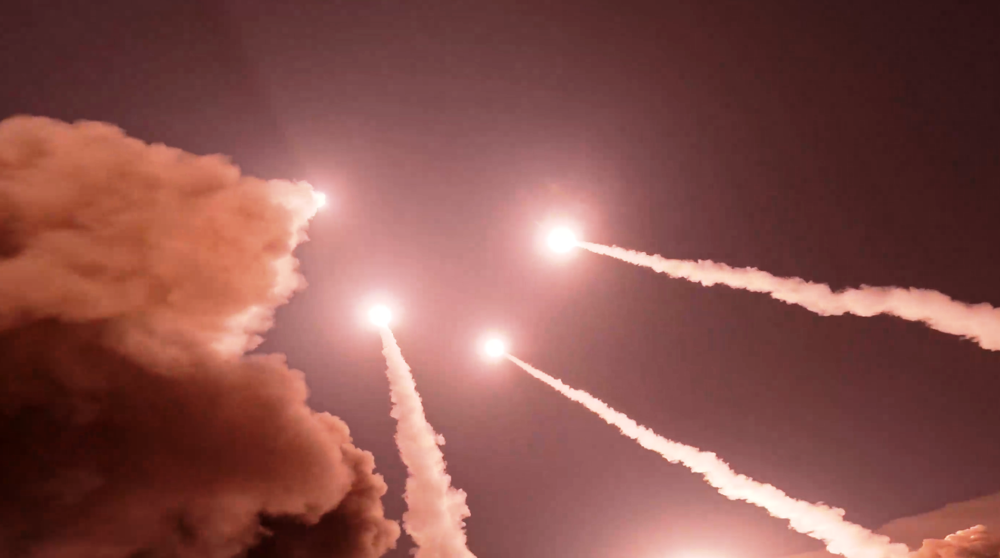
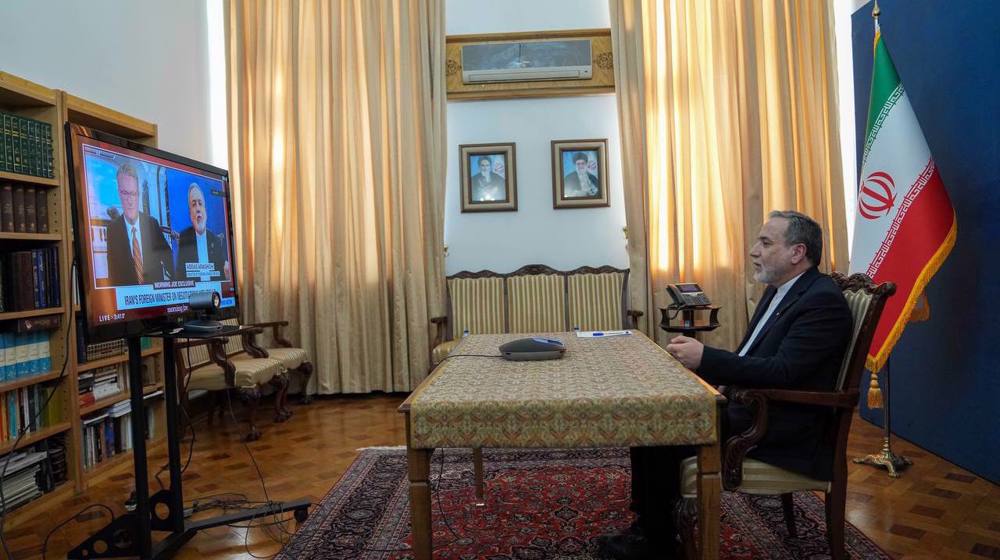
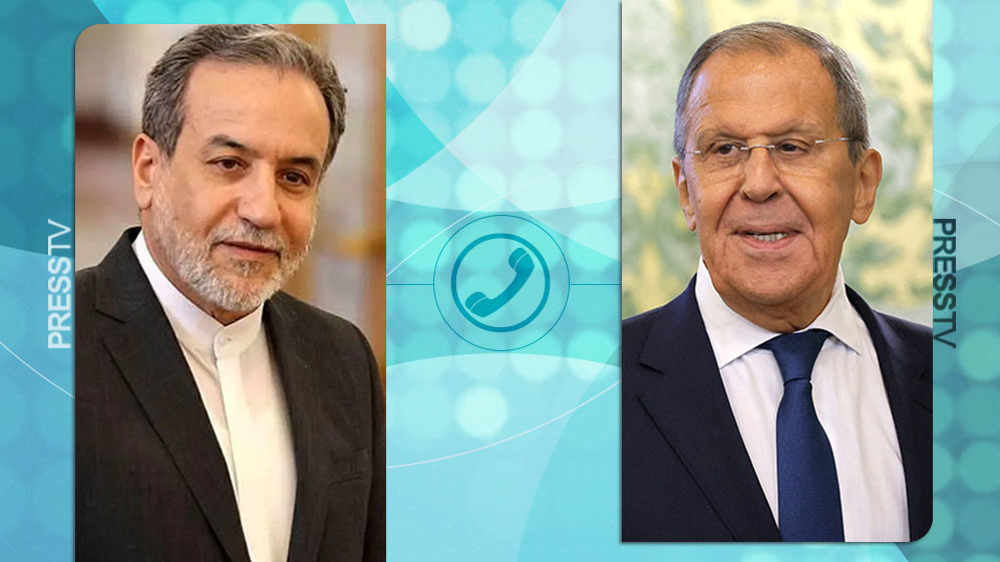
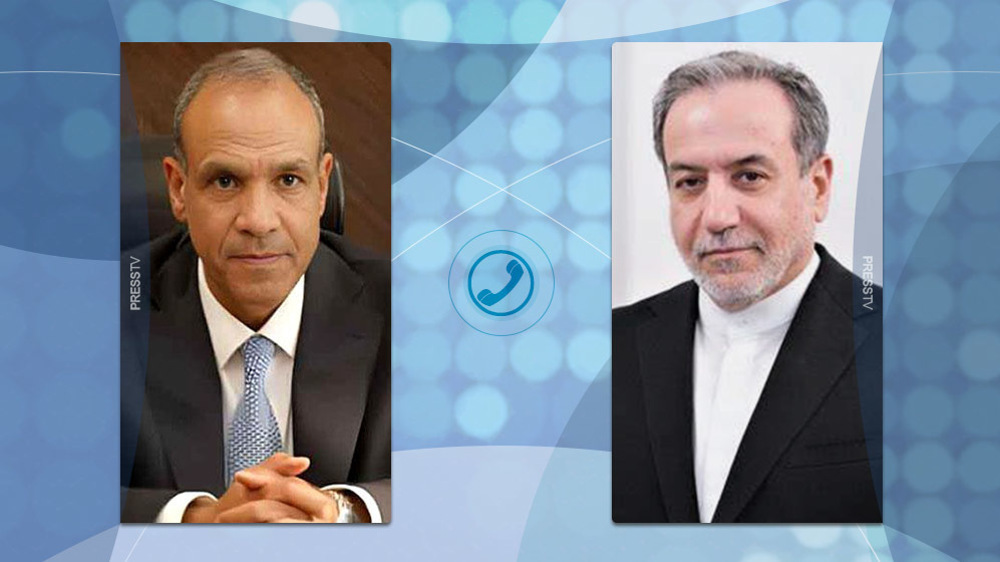




 This makes it easy to access the Press TV website
This makes it easy to access the Press TV website